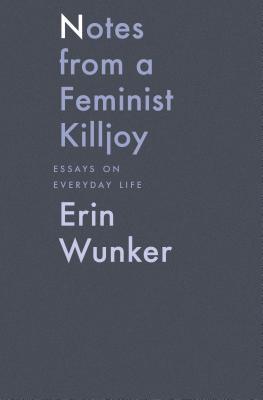What do you think?
Rate this book


216 pages, Hardcover
First published November 3, 2016
It occurs to me that a task of the feminist killjoy is killing the slippery, hazy vagaries that surround discussions of both rape and rape culture. The killjoy's job is to interrupt the habitual flows of patriarchal discourse, of rape and rape culture. This act of interruption - of interruptions as articulation - brings the spectre of gender-based and sexualized violence into focus, makes it harder to deny or justify. Naming that violence, articulating the conditions of its existence, and working to alter those conditions is the work of killing this so-called joy.
(p60)
Smugness in one's own self-knowledge is often a signal that you don't know as much as you think you do.
(p35)
"Patriarchy, as my dear friend and colleague R. wrote to me, is a joy (in the unironic sense of the word) that women and other Others do not experience. But as a white woman, white supremacy is a joy I do experience. I experience the 'joys' of white supremacy and white privilege in the way that men experience the 'joys' of patriarchy - in a state of blissful unconsciousness. What R. means is that I benefit from this 'joy' that needs killing, so I'm not forced to do the daily hard work of thinking through it, chafing against it, and resisting its attempts to delegitimize my life. ... Learn how you experience 'joys' that afford you comfort zones that others don't get."